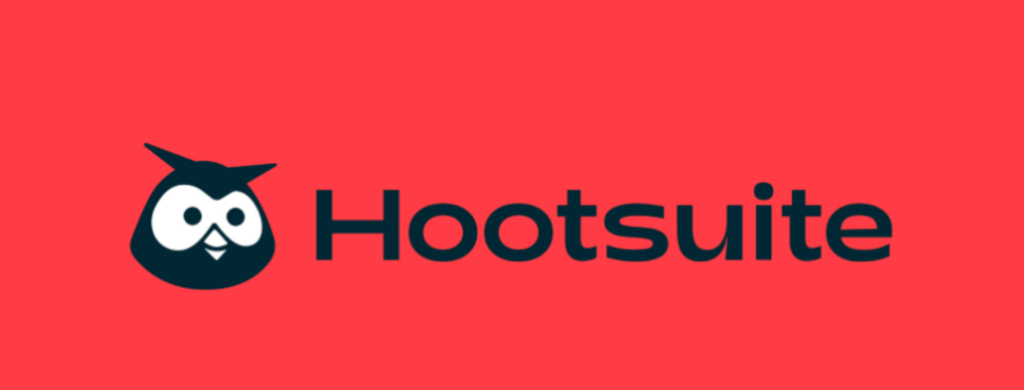In the fast-paced world of digital marketing, small businesses need the right tools to succeed. With the ever-evolving digital landscape, choosing tools that are effective, affordable, and scalable is crucial. Whether you’re looking to boost your social media, streamline content creation, or drive SEO traffic, the right tool can make all the difference. Below are the best marketing tools to give your small business a competitive edge in 2024.
1. Mailchimp – Best for Email Marketing

Mailchimp remains a top choice for small businesses looking to manage email marketing campaigns. Its easy-to-use interface and robust automation features make it ideal for beginners and advanced users alike. The drag-and-drop editor allows for seamless email design, while the A/B testing and analytics features help you optimize your campaigns for higher conversions.
- Pricing: Free for up to 500 contacts, with paid plans starting at $13/month.
- Key Features: Automation, list segmentation, pre-built templates, and CRM integration.
So, if you are a small business owner aiming to connect with customers via email marketing Mailchimp is the best.
2. SEMrush – Best for SEO

Are you looking for complete SEO for your website? Search engine optimization is non-negotiable for driving organic traffic. SEMrush is an all-in-one SEO platform that provides keyword research, competitor analysis, on-page optimization, and backlink tracking. It’s the go-to for businesses focused on improving their Google rankings and gaining more visibility.
- Pricing: Starts at $139.95/month with a free trial available.
- Key Features: Keyword research, site audit, backlink analysis, rank tracking, and PPC management.
This is a must-have if your goal is to boost your SEO efforts and outperform your competitors in search engine rankings.
3. Canva – Best for Graphic Design

Nowadays, visual content tends to convert more effectively than text content in digital marketing, and Canva makes graphic design easy for non-designers. From social media posts to presentations and logos, Canva offers pre-designed templates that you can customize to create professional-looking visuals in minutes.
- Pricing: Free plan available; paid plans start at $6.50/month.
- Key Features: Easy drag-and-drop editor, 100+ million stock images and videos, branding kit, and social media integration.
If you want to stand out with polished visuals but lack design skills, Canva is the tool for you.
4. Hootsuite – Best for Social Media Management

Managing multiple social media accounts can be overwhelming, but Hootsuite simplifies the process. It provides a central dashboard to manage content scheduling, track performance, and engage with followers across all platforms, including Facebook, Instagram, LinkedIn, and more.
- Pricing: Starts at $99/month after a free trial.
- Key Features: Social media scheduling, analytics, multi-platform management, and collaboration tools.
Hootsuite is indispensable for small businesses aiming to maintain a consistent social media presence without spending hours on manual posting.
5. Google Analytics – Best for Website Insights

Understanding how visitors interact with your website is critical for optimizing marketing efforts, and Google Analytics offers in-depth insights. This free tool helps businesses track website traffic, user behavior, conversion rates, and more, allowing for data-driven decisions that can improve overall marketing ROI.
- Pricing: Free for users.
- Key Features: Traffic analysis, goal tracking, eCommerce insights, and custom reports.
This is a foundational tool for businesses focused on improving their online presence through data-backed strategies.
6. Buffer – Best for Social Media Scheduling

Another excellent tool for managing social media, Buffer allows small businesses to schedule posts across multiple platforms, ensuring that content is distributed consistently. It also provides post-performance analytics, making it easier to adjust your strategy for better engagement.
- Pricing: Free for basic features, with paid plans starting at $5/month per channel.
- Key Features: Social media scheduling, post analytics, and team collaboration.
Buffer is a great alternative if you’re seeking simplicity without compromising on functionality.
7. HubSpot CRM – Best for Customer Relationship Management

For small businesses looking to grow their customer base, HubSpot CRM offers a robust set of tools for managing contacts, tracking interactions, and automating follow-ups. Its user-friendly interface is perfect for small teams, and it integrates well with email marketing and social media tools.
- Pricing: Free basic plan; advanced features available in paid plans starting at $50/month.
- Key Features: Contact management, email tracking, sales pipeline management, and automation.
HubSpot CRM is your go-to tool if you’re looking to improve customer relationship management without hefty costs.
8. Ahrefs – Best for Competitive Analysis

If you’re serious about understanding your competition and improving your SEO, Ahrefs is the tool to beat. It offers in-depth competitor analysis, backlink audits, and content gap identification, giving you actionable insights to improve your site’s visibility.
- Pricing: Starts at $99/month.
- Key Features: Site audits, backlink tracking, keyword explorer, and content analysis.
Ahrefs is an indispensable tool for businesses that want to get ahead in competitive niches by mastering SEO.
Final Thoughts
The right marketing tools can save your small business time and money while boosting your marketing effectiveness. From SEO tools like Ahrefs and SEMrush to social media schedulers like Hootsuite and Buffer, there’s a tool for every aspect of marketing. Consider your business goals and budget when selecting the tools that will best support your growth in 2024.
By leveraging these top tools, your small business will be well-equipped to compete in the digital landscape and drive sustainable growth.
